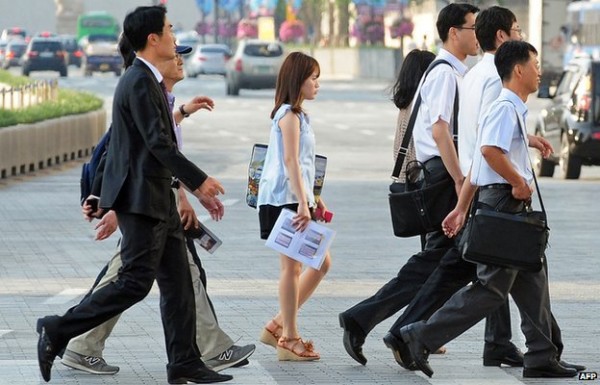by JAMES S. KIM | @james_s_kim
editor@charactermedia.com
South Korea’s education and economy are ranked among the best in the world, but the country’s young adults seem to be pessimistic about their future prospects.
A recent survey by the Pew Research Center indicates that Korean millennials–young people who came of age politically, economically and socially as the new millennium began, generally aged 18 to 33–have a bleak outlook, compared to fellow millennials around the world.
Most South Korean millennials are particularly downbeat about their country’s direction (2 out of 10 are satisfied), and over half of them are doubtful of their future, as opposed to American millennials and European young adults. Over half of the millennial respondents said that children today would not be better off financially than their parents.
We’ve seen how some South Korean students have vocalized their discontent with the intense education system, and the numbers share a similar theme. Only 32 percent of young people believe education is very important to securing a better future, and 22 percent say hard work is very important to getting ahead in life.
Those aren’t reassuring numbers—Business Insider called the statistics a “surprisingly dark outlook”—especially when Pew notes that South Korea spends a considerable amount of money on education (7.6 percent of its GDP went to education, trailing only Denmark and Iceland among OECD members).
The numbers also point to a significant difference in perspectives between generations. South Koreans 50 and older were somewhat more upbeat about the future, compared to the millennials, but the difference was especially present when it came to views on China and Japan.
Nearly 70 percent of older South Koreans have a favorable view of China, compared to only 40 percent among young adults. According to Pew, South Korea was the only country in the survey where young people had a significantly less positive opinion of China than those 50 and older.
However, young South Koreans are somewhat less pessimistic than their elders when it comes to opinions of Japan–although the majority still hold an unfavorable view. Thirty percent had a favorable view of Japan, compared to just 14 percent among those ages 50 and older.
___










